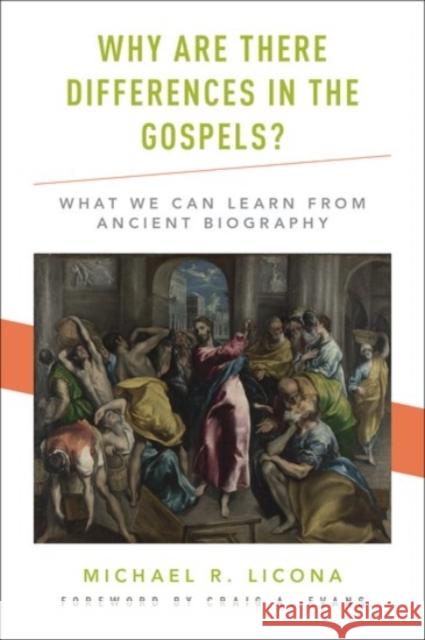Why Are There Differences in the Gospels?: What We Can Learn from Ancient Biography » książka
Why Are There Differences in the Gospels?: What We Can Learn from Ancient Biography
ISBN-13: 9780190264260 / Angielski / Twarda / 2016 / 336 str.
Anyone who reads the Gospels carefully will notice that there are differences in the manner in which they report the same events. These differences have led many conservative Christians to resort to harmonization efforts that are often quite strained, sometimes to the point of absurdity. Many people have concluded the Gospels are hopelessly contradictory and therefore historically unreliable as accounts of Jesus. The majority of New Testament scholars now hold that most if not all of the Gospels belong to the genre of Greco-Roman biography and that this genre permitted some flexibility in the way in which historical events were narrated. However, few scholars have undertaken a robust discussion of how this plays out in Gospel pericopes (self-contained passages).
Why Are There Differences in the Gospels? provides a fresh approach to the question by examining the works of Plutarch, a Greek essayist who lived in the first and second centuries CE. Michael R. Licona discovers three-dozen pericopes narrated two or more times in Plutarch's Lives, identifies differences between the accounts, and analyzes these differences in light of compositional devices identified by classical scholars as commonly employed by ancient authors. The book then applies the same approach to nineteen pericopes that are narrated in two or more Gospels, demonstrating that the major differences found there likely result from the same compositional devices employed by Plutarch. Showing both the strained harmonizations and the hasty dismissals of the Gospels as reliable accounts to be misguided, Licona invites readers to approach them in light of their biographical genre and in that way to gain a clearer understanding of why they differ.










